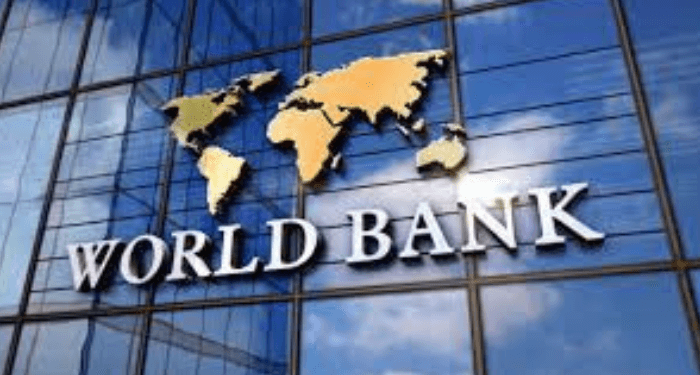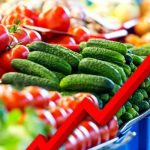The World Bank has warned that poverty levels in Nigeria may continue to climb through 2025 and potentially into 2026 if inflation is not decisively addressed. Mathew Verghis, the Bank’s Country Director for Nigeria, said household incomes, especially for the poor, are being eroded as food inflation hovers around 20 percent.
“The reason we are projecting poverty to continue to rise is that inflation remains high enough that it’s undermining household incomes,” Verghis explained.
He stressed that Nigeria’s economic reforms must continue, citing the decades-long consistency that helped countries like India and China achieve stability. However, he noted that certain policy actions could offer faster relief to households. “Nigeria has high tariffs and, in some cases, import bans on goods consumed by the poor. One way of lowering inflation quickly is to reduce some of these tariffs and remove certain import bans,” he said, highlighting that such measures align with ECOWAS commitments.
On the volatile Naira, Verghis advised against artificial stabilisation, recommending market-driven adjustments. “The best way to keep the Naira stable is to ensure exports and foreign direct investment are growing,” he said. Stability, he added, is not the end goal but a tool to support growth by allowing businesses to plan effectively.
Verghis praised progress in revenue diversification, noting that Nigeria is now less dependent on oil revenues than before. “A more realistic exchange rate and the removal of petrol subsidies have contributed to higher non-oil revenues, enabling greater investment in infrastructure and human capital,” he said.
He also noted improvements in borrowing metrics. “The debt-to-GDP ratio is now at reasonably moderate levels, and the debt-to-revenue ratio is falling for the first time in a long time. But how borrowed funds are used remains crucial, wasteful spending could lead to future debt problems.”
The World Bank also raised concerns over the inefficiency of Nigeria’s social safety net programmes. Its report, The State of Social Safety Nets in Nigeria, revealed that although 56 percent of programme beneficiaries are poor, only 44 percent of total benefits actually reach poor households, leaving a significant portion of the population unreached.










